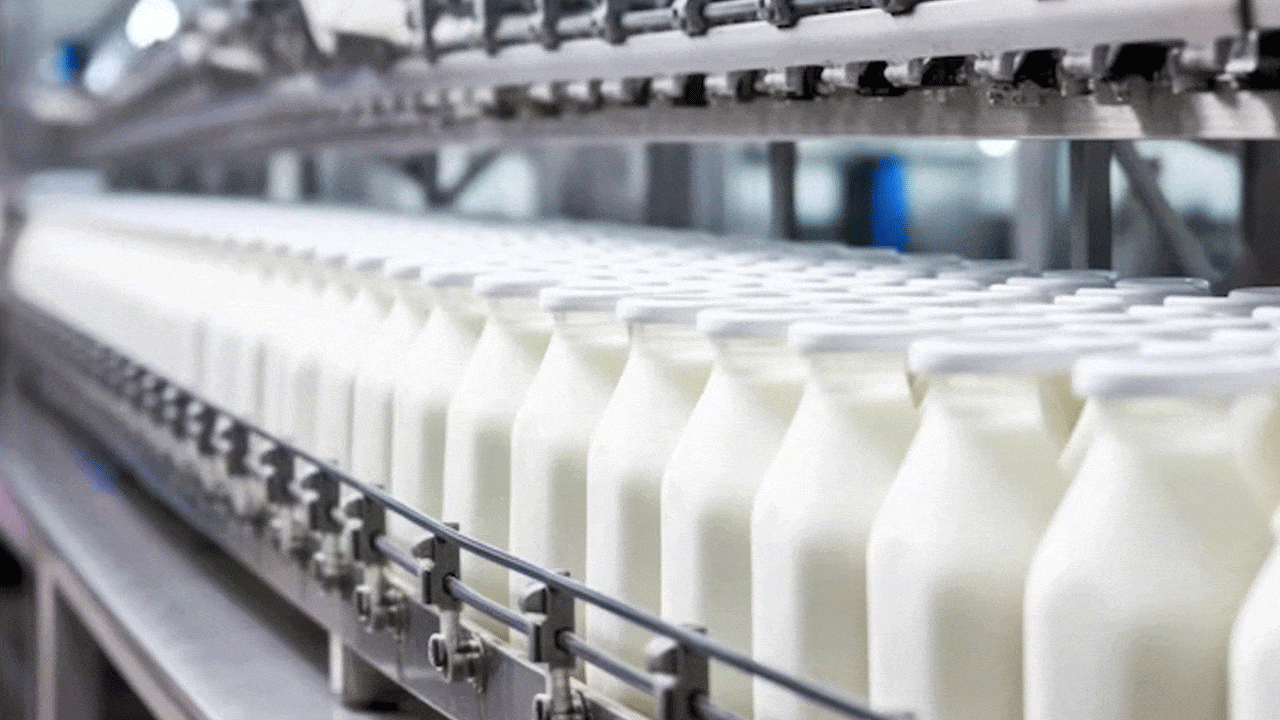Hyderabad Food Regulators Intensify Surveillance on Dairy Analogues Amid Festive Season Concerns
Food regulators in Hyderabad have been put on high alert due to growing concerns over the quality of Dairy Analogues, which are non-milk substitutes used to replace traditional dairy products.

Hyderabad: Food regulators in Hyderabad have been put on high alert due to growing concerns over the quality of Dairy Analogues, which are non-milk substitutes used to replace traditional dairy products. With the festive season approaching, there are fears that the demand for such products will surge, leading to potential food adulteration and mislabeling.
Table of Contents
FSSAI Directs States to Ramp Up Surveillance on Dairy Analogues
In response to these concerns, the Food Safety and Standards Authority of India (FSSAI) has issued a directive instructing regulatory authorities in all states to increase surveillance on Dairy Analogues throughout March. The goal is to prevent food adulteration and ensure the integrity of products during the festive season when consumption typically spikes.
Also Read: The ‘Teen Deviyaan’ of Aamir Khan’s Life: A Story of Love and Transformation
The FSSAI’s directive emphasized the need for heightened monitoring, especially as demand for dairy products increases during festivals. “Keeping in view the increased consumption of dairy products during the festive season, the ongoing surveillance will remain focused on Dairy Analogues this month,” the FSSAI said.
Rising Concerns Over Analogue Paneer and Health Risks
In recent months, Dairy Analogues, particularly analogue paneer, have come under scrutiny for their potential health risks. Analogue paneer, made from vegetable oils, starch, and additives, is increasingly being used in street food and restaurants, raising alarms over its safety and lack of standardization.
These concerns have led to calls for stricter regulations on Dairy Analogues. While these substitutes may offer a cheaper alternative to traditional dairy, experts warn that they may contain unhealthy additives and lack the nutritional benefits of real dairy.
Types of Dairy Analogues and Their Popularity
Dairy Analogues encompass a range of non-milk products designed to resemble traditional dairy items. Examples include:
- Soy milk
- Almond milk
- Analogue paneer
- Vegan yogurt alternatives (made from soy, almond, or coconut)
- Vegan cheese
- Coconut milk
These products often replace milk components with non-dairy ingredients like vegetable oil, fat, or plant-based protein, but mimic the appearance, texture, and functionality of traditional dairy products.
Regulatory Guidelines for Dairy Analogues
According to the Food Safety and Standards (Food Products Standards and Food Additives) Regulations, Dairy Analogues are defined as products where non-milk constituents partially or entirely replace milk components, but the final product closely resembles milk or milk-based products in appearance and functionality.
However, it is important to note that Dairy Analogues are not considered milk, milk products, or composite milk products. When standardized milk products are altered by replacing essential milk components like milk fat or protein with non-dairy substitutes, the resulting product is categorized as an Analogue.
FSSAI Guidelines on Misrepresentation of Non-Dairy Products
The FSSAI also stressed that non-dairy products must not be misrepresented as milk or milk-based products. Sub-Regulation 2.1.1.3(f) of the FSS (Food Products Standards and Food Additives) Regulations, 2011, clearly states that non-dairy products cannot be marketed or labeled as milk or milk-based, ensuring transparency and consumer safety.
With heightened surveillance and regulatory measures in place, food regulators aim to ensure the safety and quality of Dairy Analogues during the festive season. As the demand for these products continues to grow, consumers are urged to remain cautious and informed about what they are consuming.
